The response to the International Atomic Energy Agency (IAEA) Board decision to report Iran to the UN Security Council by Green Peace analyst William Peden is reported by Reuters as: “There will be no winners… All diplomatic initiatives will be dead in the water.” Consistent with this threat, Reuters also reported China has warned of the need for caution and diplomacy while IAEA chief Mohamed ElBaradei still sees a ‘window of opportunity’ for diplomacy.
The Zionists (U.S.A. and Israel) appear to want to use the Security Council to gain new purchase on the political game that failed in the discussions to date. The treaty as it stands and the integrity of the IAEA in relation to the treaty is a technical and legal stumbling block that has to be politically ‘negotiated’ by the Zionists.
The Security Council session is a two-edged sword and not an issue Iran needs to fear. Nor does it need to consider who its friends are on the IAEA Board or the outcome of the first meeting. The meeting can possibly be turned into a dead-end street for the Zionists by veto at least, which may tend to return the issue to diplomacy alone and revolve around technical issues not political ones. However, the Zionists will be looking for an opportunity to create new circumstances upon which the future game will be based to put behind them once and for all the stumbling block.
The goal then is to appear to legitimize the political game or claim a pseudo-authority based on any consensus regarding an alleged defaming of Iran’s intentions. Even if there is a veto, the Zionists will want to establish a majority or a solid core who will oppose the Iranian right to the enrichment process to stop its nuclear energy program. The Green Peace analyst’s concern that treaty diplomacy will effectively be dead in the water will become so if overshadowed by the political game.
The IAEA Board may become one of the players finding new circumstances developing to its regret. One of the possible outcomes is that Iran may have no option but to abandon the Non-Proliferation Treaty and end the inspections.
The indicated response by the Iranian government to the IAEA Board’s decision to report Iran to the Security Council, i.e., that they will go back to the original treaty, was to be expected. That is where its strength and the stumbling block are. Any signed concessions granted again to the nuclear watchdog or members of the treaty over and above the treaty or rights surrendered weakens Iran’s position and will be used against it, as we may see in the Security Council session. Only verbal gentlemen’s agreements should be made based on goodwill so that Iran can withdraw whenever it feels the goodwill has failed, forcing renegotiations and corrections. However, it could prove to be very diplomatic to leave the details of what it will do till after the Security Council meeting and to indicate the extra inspection privileges will remain in place by goodwill and subject to goodwill of the treaty members. This shows transparency to the world and creates a little leverage.
The option offered by Russia to carry out the enrichment program in Russia and in partnership with Russia will appear as a ready answer to take the wind out of the sails of the Zionist initiative in the Security Council. However, it would be a compromise of the treaty, which grants Iran the right to full nuclear energy development apart from its prior sovereign right.
Whatever the outcome, it promises to continue with increasing intensity to prevent Iran from having independent technology for enriching uranium or retaining nuclear waste regardless of the treaty rights. But why should one expect justice when the perpetrators of the war on Iraq, brought about through lies about Iraq as a military threat and pursuer of weapons of mass destruction, are not only both nuclear powers, are members of the NPT, are permanent members of the Security Council, from where they should have been suspended, and have used a weapon of mass destruction, depleted uranium, on Iraq and wherever the winds blow the contaminated dust.
If the U.S.A. and Britain are allowed to vote in this session, then what is the point of remaining a treaty member? First there needs to be the establishment of integrity.
It is not good to see anything lying dead in the water. It is a tragedy when the very water is seen to be dead.
MS/HG
End
MNA

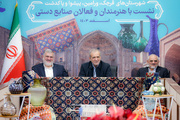
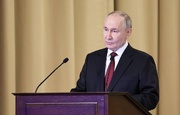
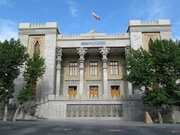

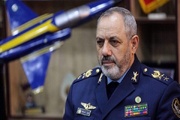
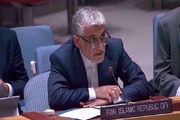
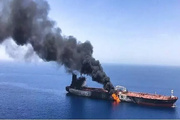
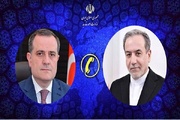

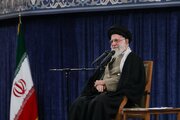
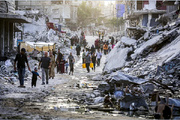

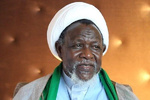
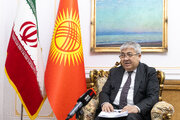
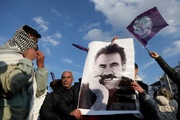
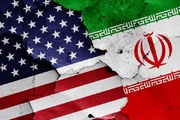
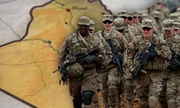

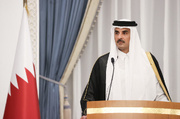
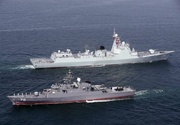


Your Comment